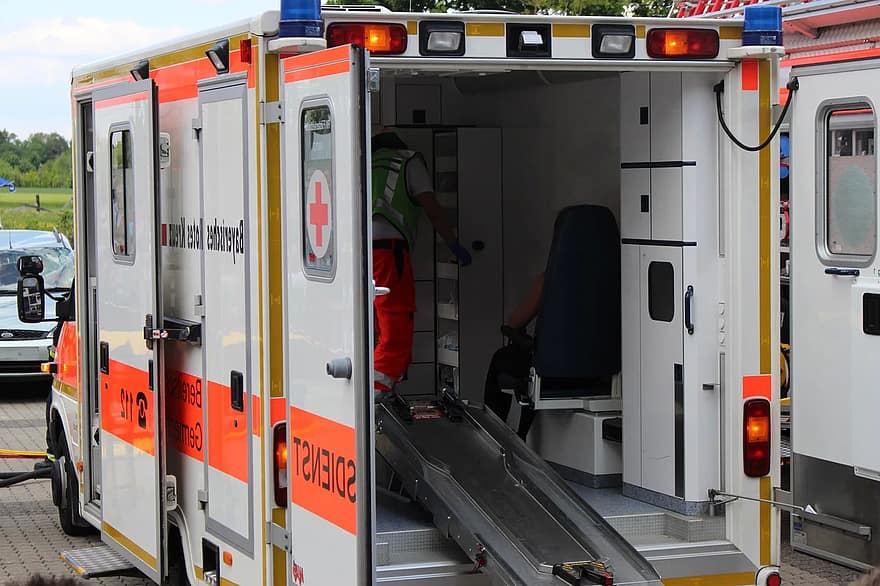It’s Not Just Hospitals That Sue Patients Who Can’t Pay

Nashville General Hospital is a safety-net facility funded by the Tennessee capital city. For a patient without insurance, this is supposed to be the best place to go in a city with many hospitals. But for the uninsured, it may have been the worst choice in 2019.
Its emergency room was taking more patients to court for unpaid medical bills than any other hospital or practice in town. A WPLN investigation found the physician-staffing firm that runs the ER sued 700 patients in Davidson County during 2019.
They include patients such as Sonya Johnson, a 52-year-old social worker and single mother. By juggling her care between a nonprofit clinic and Nashville General, Johnson had figured out how to manage her health problems, even though she was, until recently, uninsured.
In 2018, she went to see her doctor, who charges patients on a sliding scale. Her tongue was swollen and she was feeling weak. The diagnosis? Severe anemia.
“He called me back that Halloween day and said, ‘I need you to get to the emergency [room], stat — and they’re waiting on you when you get there,’” she recalled.
Nashville General kept her overnight and gave her a blood transfusion. They wanted to keep her a second night — but she was worried about the mounting cost and asked to be sent home.
Staying the one night meant she was admitted to the hospital itself, and the bill for that part of her care wasn’t so bad, Johnson said. The institution’s financial counselors offered a 75% discount because of her strained finances and because her job didn’t offer health insurance at the time.
But emergency rooms are often run by an entirely separate entity. In Nashville General’s case, the proprietor was a company called Southeastern Emergency Physicians. And that’s the name on a bill that showed up in Johnson’s mailbox months later for $2,700.
“How in the world can I pay this company, when I couldn’t even pay for health care [insurance]?” Johnson asked.
Johnson didn’t recognize the name of the physician practice. A Google search didn’t help much. There’s no particular website, though a listing of webpages that do turn up in such a search suggests the company staffs a number of emergency departments in the region.
Johnson said she tried calling the number listed on her bill to see if she could get the same charity-care discount the hospital gave her, but she could only leave messages. And then came a knock at her apartment door over the summer. It was a Davidson County sheriff’s deputy with a summons requiring Johnson to appear in court.
“It’s very scary,” she said, and she recalled thinking “What have I done? And for a medical bill?”
Handoff Of Lawsuits?
Being sued over medical debt can be a big deal because it means a business can get a court-ordered judgment to garnish patients’ wages, taking money directly from their paycheck. The strategy is meant to make sure patients don’t blow off their medical debts. But this is not good for the health of people who are uninsured, said Bruce Naremore, chief financial officer at Nashville General.
“When patients owe money, and they feel like they’re being dunned all the time, they don’t come back to the hospital to get what they might need,” he said.
Under Naremore’s direction in the past few years, Nashville General had stopped suing patients for hospital fees. He said it was rarely worth the court costs.
But Southeastern Emergency Physicians — which, since 2016, has been contracted by the hospital to run and staff its emergency department — went the other way, filing more lawsuits against patients than ever in 2019.







